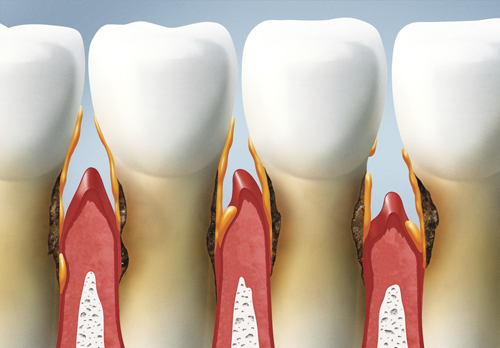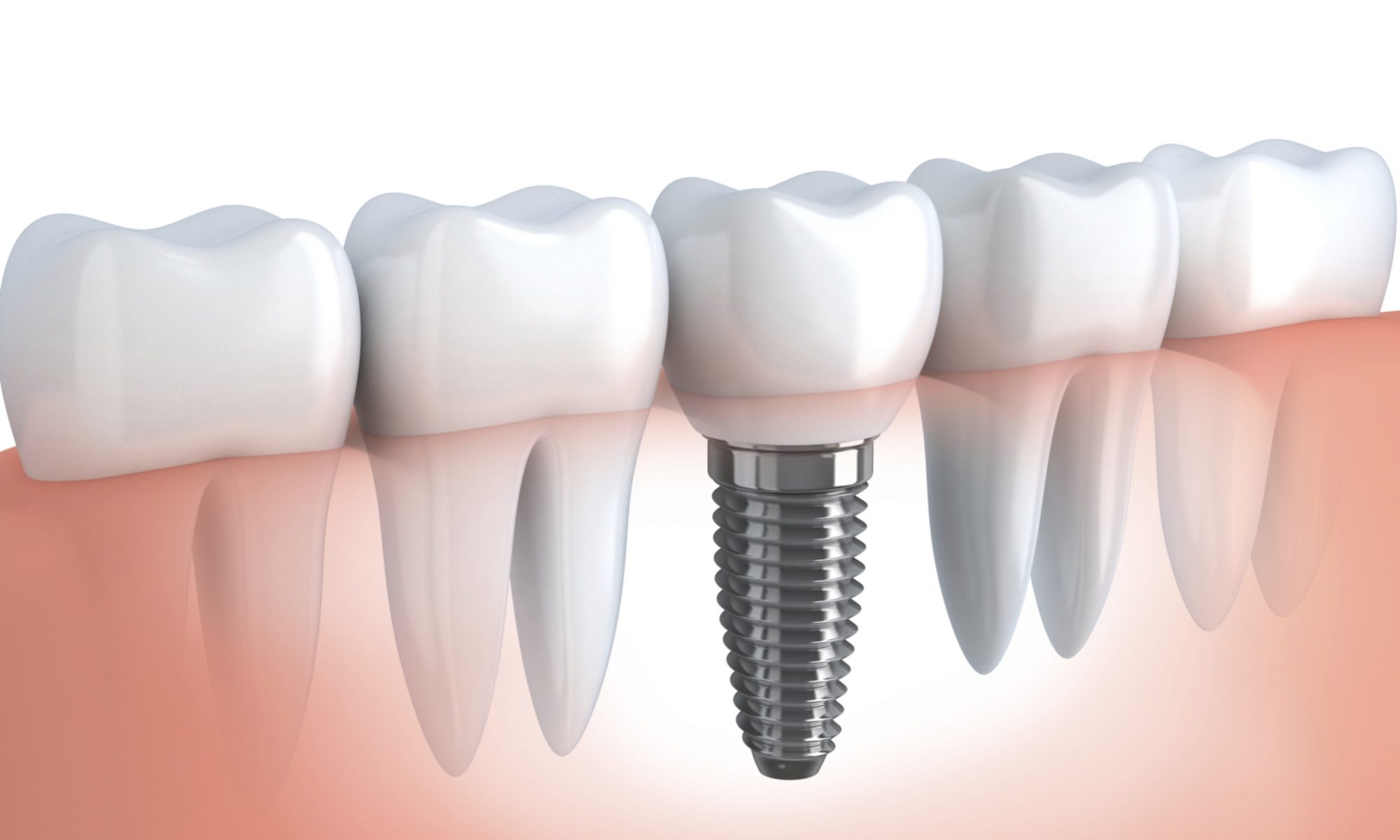Caring for oral hygiene at home is crucial for maintaining dental health, but several factors can complicate this routine. Here are the top five challenges people often face:
1. Busy Lifestyles:
- Modern lifestyles can be hectic, leaving little time for proper oral care. Rushed mornings or late nights may lead to skipping brushing or flossing, increasing the risk of plaque buildup and dental issues.
2. Dental Anxiety:
- Fear or anxiety about dental visits can deter individuals from maintaining regular check-ups and cleanings. This avoidance can lead to undetected oral health issues and more extensive treatments later on.
3. Poor Brushing and Flossing Techniques:
- Incorrect brushing techniques, such as brushing too hard or using improper angles, can leave plaque behind. Similarly, inadequate flossing or irregular use of dental floss may miss cleaning between teeth and along the gumline effectively.
4. Dietary Habits:
- Diets high in sugars, acids, and sticky foods contribute to tooth decay and enamel erosion. These dietary choices can be difficult to avoid or moderate, impacting overall oral health despite regular brushing and flossing.
5. Lack of Access to Dental Care:
- Limited access to dental care due to factors such as financial constraints or geographic location can hinder regular check-ups and professional cleanings. Without professional guidance, individuals may struggle to address emerging dental issues effectively.
Overcoming these challenges requires a commitment to a consistent oral hygiene routine, including brushing at least twice daily with fluoride toothpaste, flossing daily, maintaining a balanced diet, and scheduling regular dental visits. Additionally, seeking advice from dental professionals on proper oral care techniques and addressing dental anxiety can help individuals achieve and maintain optimal oral health for a lifetime.
For more information about smile makeovers, call Dr. Pliev in Ottawa, ON at 613-235-5348 or visit us online at www.ottawadentistryonkent.com
Dr. Konstantin Pliev proudly serves patients from Ottawa and all surrounding areas.









